This year’s TU Austria (TUA) Summer School has been held together with the Center for Technology & Society (CTS). This Summer School 2023 for pre-docs took place under the theme “Sustainable Futures”.
 |
Thank you for your active participation! |
 |
Why?
– You are interested in how sustainability can influence your academic work within the scope of your dissertation.
– You want critically discuss with other students, about topics that shape our society’s future.
– Your dissertation and scientific work should be sharpened through different perspectives and expertise.
– You want to receive three ECTS for your (pro-)active participation.
If you can answer at least one of those questions with “Yes!" then our summer school is exactly what you need in your academic career.
When?
The summer school takes place from Monday 4th to Friday 8th of September, 2023 at the Contact Room of TU Wien (Room Code: CD0603) in person.
What?
The CTS//TUA.summerschool deals with interdisciplinary, theoretical, and practical research regarding the topics Sustainability, Environment, and Technology. In addition to the scientific study of these topics, you will critically examine the use of new technologies and the implementation of transformation processes in companies, governments, educational institutions, entire regions, and society as a whole.
You will primarily focus on sustainability issues in your scientific work as part of your dissertation. In addition to raising your awareness of the impact of technologies and (change) processes, you will also gain insights into potentials, current trends, and the development of state-of-the-art approaches in innovative technology development and subsequent transformation processes.
In addition, research topics that have actual or potential implications for future policy and practice regarding sustainability will be addressed.
Who?
The TUA and the CTS jointly organize this Summer School. The TU Wien, TU Graz, Montanuniversität Leoben, FH Campus Wien, FH Technikum, and Universität Wien are directly involved. You can therefore draw from a pool of concentrated technological and social expertise and incorporate this knowledge into your research work.
Program
Language of the Summer School: English
Our Speakers
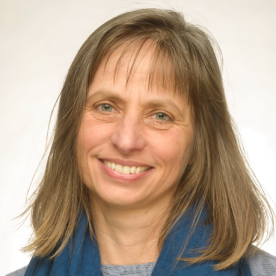 Bettina Mihalyi-Schneider | Life Cycle Assessment as a Tool for Sustainability Analysis In this module, the definition of sustainability and various methods for its assessment are discussed at the beginning. An important tool for assessing the ecological impact of products or processes is the life cycle assessment. The structure of this tool according to the ISO 14040 and 14044 standard is explained and discussed with examples. New developments for the predictive assessment of new processes or products that are still in the development phase are also briefly presented. |
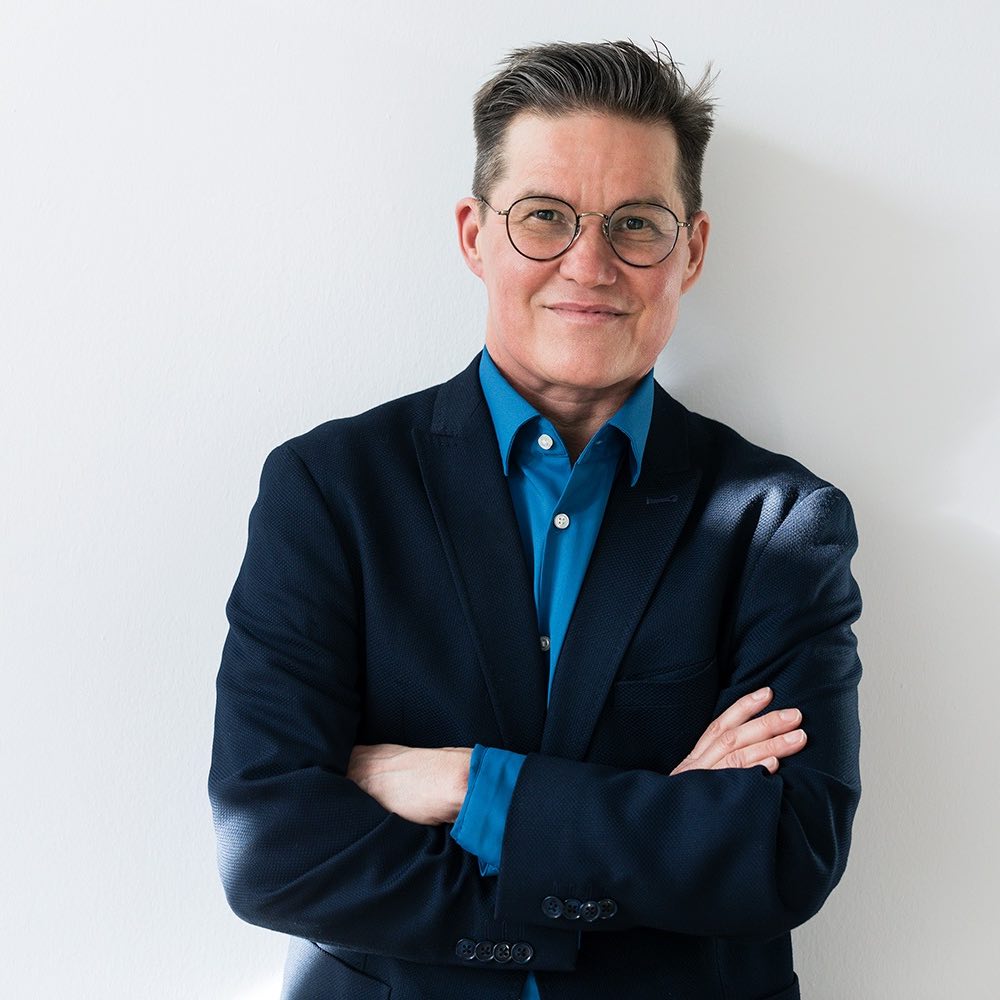 Marjo Rauhala | Ethics and Responsible Innovation The session focuses on research ethics and research integrity in the format of lectures and a discussion. In an interactive part, small groups of 4 will be formed to play a values game, in which everyone can reflect on the values that they find central to their research and work in general. The second part of the game focuses on transgressions in research. Active participation is encouraged. |
| Mahshid Sotoudeh | Sustainable environments - an assessment of technology point of view The main focus of this session will be on shaping innovations for the transformation of socio-technical systems towards sustainable development on the example of "healthy food with reduced climate impacts". We will discuss key functions of socio-technical systems, the need for system thinking, and co-creation to deal with uncertainties (Collingridge Dilemma). A multi-stage method for the inclusion of stakeholders for co-creation will be presented. |
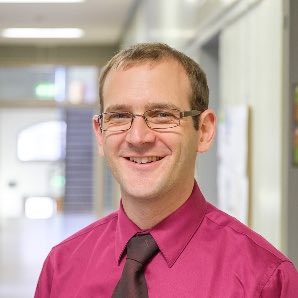 Tobias Kohn | Tell Your Story In One Sentence Or Less If you want to peek someone's interest, tell them a story: the story of your ambitions. Draw a picture of a brave new world and skulpt the outlines of a dazzling innovation. Use those five seconds of someone's attention to ignite and capture their imagination. |
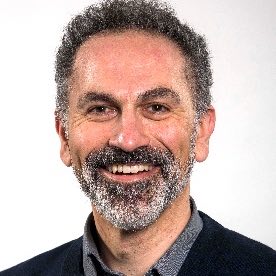 Babak A. Farshchian | Using a Service Lens to Better Understand Practices – and vice versa Many studies of practices involve service exchange, and many service researchers have discovered the central role that sociotechnical practices play in service –in particular, within the service-dominant logic school of thought. In this lecture, we will present an analytical lens that builds on this mutual interest to understand complex practices involving service exchange. Practice researchers can gain new insights regarding practices embedded in service ecosystems. At the same time, service researchers can better explain actor behavior by looking deeper at socio-technical practices. We develop a concept toolbox based on practice and service-dominant logic research literature. We illustrate the usefulness of the toolbox through an interpretative case study of public service to include children with disabilities in leisure activities. Seeing practices as parts of larger multi-stakeholder service ecosystems 1) can help us better explain behavior in those practices and understand how they are affected by other overlapping practices, 2) brings forward the importance of value and how multiple actors need to interact to create value for each other, and 3) enriches service-dominant logic with a focus on sociotechnical aspects that are central to many practice studies. |
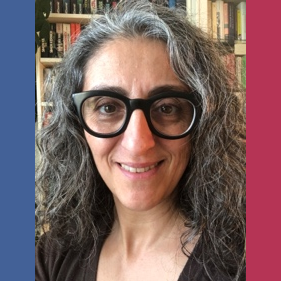 Hilda Tellioğlu | Change Management in Agile Environments for Sustainability The lecture focuses on integrating Change Management in Agile Environments for Sustainability, exploring the nexus between agility, change, and sustainable practices. Beginning with a foundational understanding of key concepts, the lecture introduces Agile methodologies like Scrum, Kanban, and Lean and the process of Change Management. The importance of sustainability, emphasizing meeting present needs without compromising future generations, was delineated. Through detailed exploration, the lecture illuminates the strategies for embedding change management, emphasizing flexibility, adaptability, collaboration, and stakeholder engagement. Tools like the ADKAR model and Change Impact Analysis are vital for successful transformation. A significant section is devoted to sustainability in Agile environments, concentrating on Environmental, Social, and Governance (ESG) factors and incorporating Sustainable Development Goals (SDGs). Agile's contribution to sustainability is highlighted, showcasing improved resource efficiency and responsiveness to environmental changes. The lecture also delves into sustainability measurement through Key Performance Indicators (KPIs). Two case studies provide practical insights: Company A's Agile transformation and Company B's sustainability through Lean principles. |
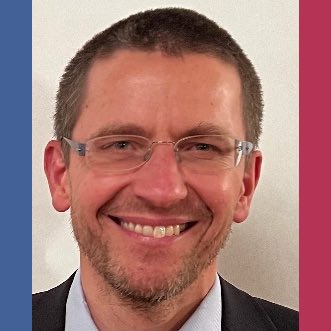 Florian Michahelles | Sustainable Technologies: Towards better decisions by technical companions The steady stream of daily news updates and our own firsthand experiences serve as relentless reminders of the reality of a climate catastrophe. This talk critically reviews the opportunities of fostering mindful individual behaviors for sparking collective action. The presentation will introduce specific projects as starting points for your future research. |
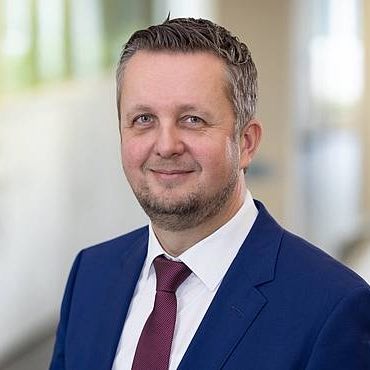 Heimo Sandtner 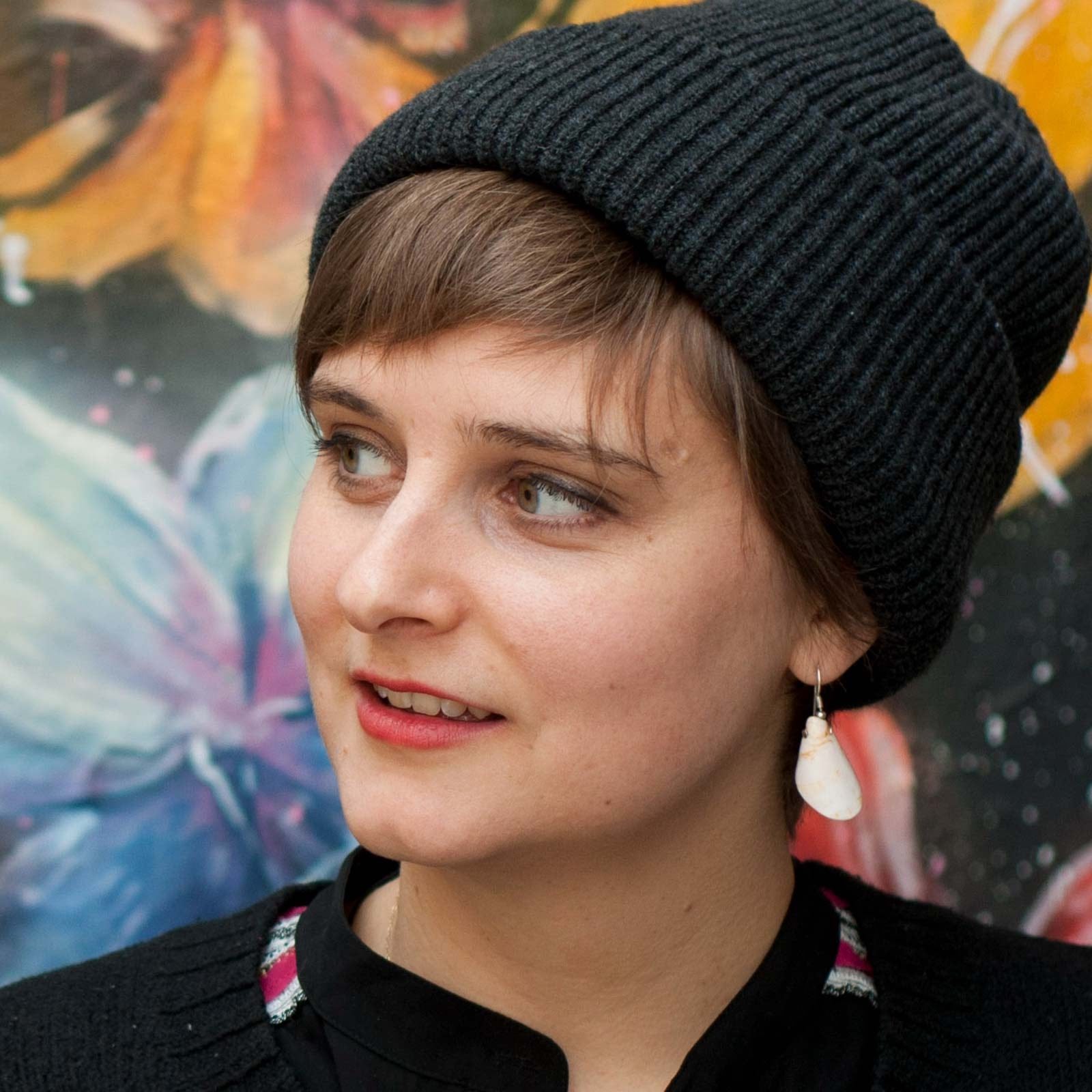 Dietlind Zehetgruber | Error Culture in Science and Technology What do errors in technology as well as in music, have in common? Heimo Sandtner (technician) and Dietlind Zehetgruber (musician) take you on an interdisciplinary journey, define the terms error and error culture, report from their disciplines and bring case studies. Four groups will then share experiences (and mistakes) while "composing" a musical sequence. (No previous musical knowledge required). AI-supported guidelines, technical equipment (Loop Station) and a mixture of familiar instruments will be used. This session will be in German. Image Copyrights: FH Campus Wien (Heimo Sandtner) und msmost4.at (Dietlind Zehetgruber) |
What you need to know
General:
– You have to be a pre-doc.
– You need a fixed dissertation topic or topic area which can be set in relation to “Sustainability”.
– Curiosity, critical thinking, and motivation are required.
– You need to have time from 9 CET to 18 CET daily (longer on Wed., we are having a party!).
– Cold drinks, coffee, tea and warm lunch will be provided.
– You will need your Laptop. ;)
– Your poster must be with you on the first day!
– TISS course page of the Summer School (tiss.tuwien.ac.at).
Poster requirements:
– Format: A2
– Content: title, problem statment, research question(s), method(s), open question(s) related to “Sustainable Futures”, illustration(s)
– Presentation: 5 minutes during first day
The application process required (closed!):
– a current curriculum vitae with a picture of yourself (about 1 A4 page)
– a letter of motivation (details on the admission form) (about 1/2 A4 page)
– an abstract of your dissertation proposal (topic, research questions, methodology, etc.) (about 300 words)